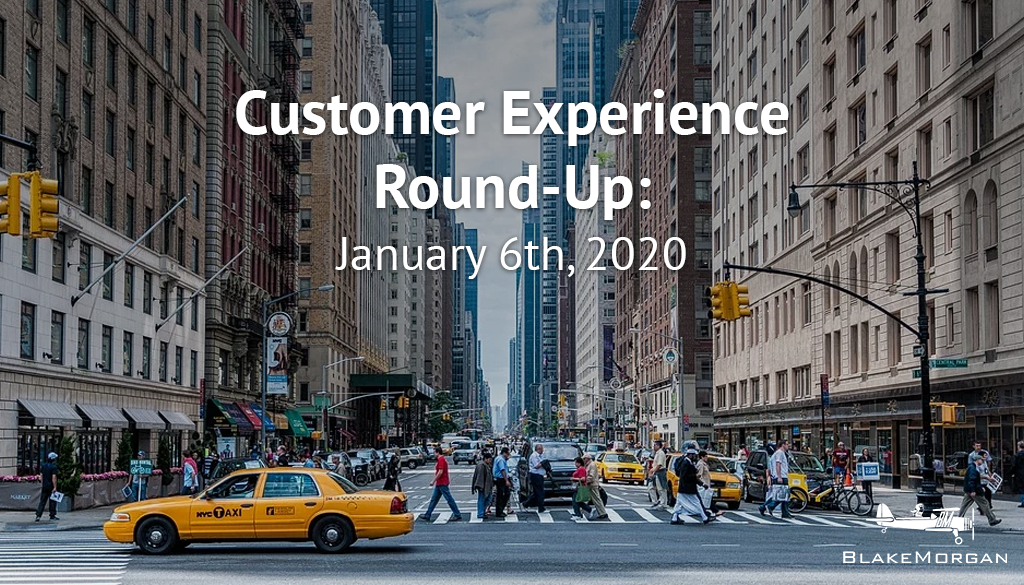The beginning of a new year is a fresh start for many people and companies. As we embark on a new year and new decade, many changes are in place that will continue to evolve customer experience. This week brought three stories about the changes taking place in the world and how they could impact the next decade of customer experience.
California Consumer Privacy Act Takes Effect
Following in the footsteps of GDPR in Europe, the California Consumer Privacy Act, or CCPA, went into effect on January 1. The law is the first of its kind in the U.S. and allows consumers in California to find out what data companies are collecting about them and request that the data no longer be collected and get deleted. If a company collects data or intends to sell it, it must notify consumers and give them a simple way to opt out. Companies that don’t follow CCPA could be fined, but that won’t take effect for six months. Although major tech companies have said they already follow CCPA, one survey from November found that only 12% of impacted companies were prepared for the change.
CCPA could set the tone for consumer privacy acts across the rest of the United States. All eyes are on California to see if CCPA is effective and has a smooth transition. A law at the state level isn’t nearly as effective as a potential privacy law at the federal level. With a growing number of data breeches and low confidence in cybersecurity, the goal of the CCPA is to return power to consumers and put them in charge of their own data. The act will likely be a big change for many companies, but it is a step forward in empowering and protecting consumers.
U.S. Population Faces Record Slow Growth
In order to grow an economy and serve customers, there have to be customers to serve. Recent data revealed that between July 2018 and July 2019, the U.S. population grew by less than one million people, or around 0.5%. That’s the slowest growth rate the country has seen in decades. A number of factors contributed to the slowed increase, including fewer births, decreasing immigration numbers and aging generations.
Changing population demographics matter for businesses and customer experience. As the population ebbs and flows over time, it impacts the economy and consumer trends. In order to stay on top of customer experience, brands need to be aware of how the population is changing and tailor their approaches to match customer needs. Slowing growth in the U.S. could also lead more consumers to look at international companies.
New McDonald’s CEO Aims To Change Culture
After just a few months of being on the job, McDonald’s new CEO, Chris Kempczinksi, is making waves to update the company’s culture. After the previous CEO was ousted for having a relationship with an employee, the new plan is to restore the company’s professional culture by proactively identifying and stopping harassment. By placing a higher emphasis on culture, McDonald’s aims to replace the old patterns of socializing with a renewed emphasis on professionalism.
Employee experience plays a huge role in customer experience, and corporate culture is a key contributor. Customers want to do business with companies they can trust to be professional and make good decisions. A growing number of companies beyond just McDonald’s have recommitted themselves to professionalism and updating their cultures recently, and the benefits will pay off for both employees and customers. In order to build a strong brand, companies and leaders need to be committed to building a strong culture.
Customer privacy, changing demographics and employee experience will be at the forefront of customer experience in 2020 and beyond. These stories show that the future is always changing, and the best-prepared companies pay attention and stay ahead of trends.
Blake Morgan is a customer experience futurist, keynote speaker, and the author of two books including her new book The Customer Of The Future. You can learn more by signing up for her newsletter here.

